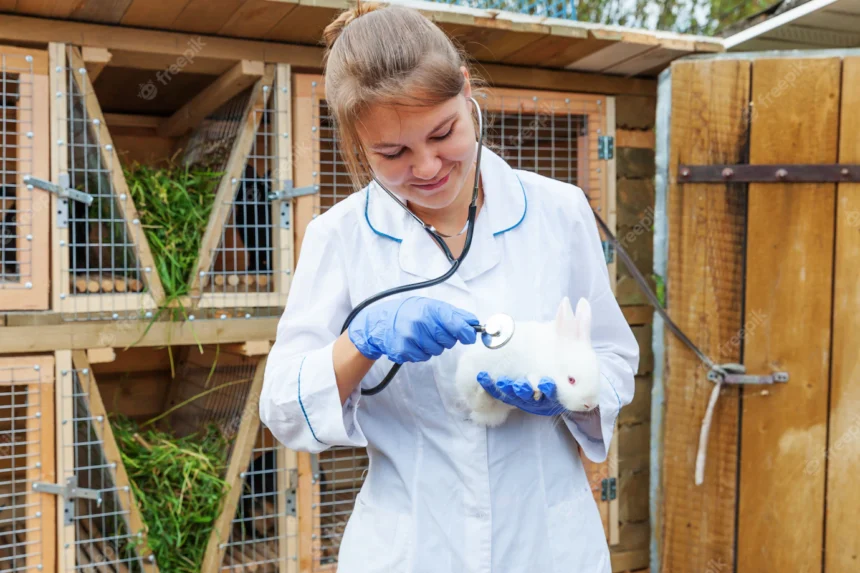Animal genetics and breeding programs play a crucial role in South Africa’s livestock industry by improving livestock traits and overall productivity. These programs aim to enhance desirable traits such as growth rate, disease resistance, fertility, meat quality, and milk production through selective breeding and advanced genetic technologies. Here are some key aspects of animal genetics and breeding programs in South Africa:
- Breed Improvement Programs: South Africa has several breed improvement programs in place, focusing on specific livestock species such as cattle, sheep, goats, and pigs. These programs involve the selection of superior animals with desirable traits as breeding stock to produce offspring with improved genetic potential.
- Breed Societies and Associations: Livestock breed societies and associations play a vital role in promoting and coordinating breeding programs. These organizations maintain pedigree records, set breeding standards, and facilitate breed improvement initiatives by organizing shows, sales, and performance testing events.
- Performance Recording: Performance recording involves collecting and analyzing data on various traits of individual animals, such as growth rate, feed efficiency, reproductive performance, and carcass quality. This data helps breeders identify animals with superior genetic potential and make informed breeding decisions.
- Genetic Evaluation: Genetic evaluation is a statistical method used to estimate the breeding values of animals based on their own performance and the performance of their relatives. It allows breeders to identify genetically superior animals and select them as breeding stock to accelerate genetic progress.
- Artificial Insemination (AI) and Embryo Transfer (ET): AI and ET technologies are widely used in South Africa’s breeding programs to facilitate the widespread dissemination of superior genetics. AI enables the use of high-quality semen from elite sires, while ET allows the collection and transfer of embryos from genetically valuable females to recipient animals, increasing the reproductive potential of superior individuals.
- Genomic Selection: Genomic selection is an advanced breeding technique that uses DNA markers to predict an animal’s genetic potential more accurately. It enables earlier and more precise selection of superior animals, especially in traits that are difficult or costly to measure directly.
- Conservation of Indigenous Breeds: South Africa is home to several indigenous livestock breeds, some of which are endangered. Conservation programs focus on preserving the genetic diversity and unique traits of these breeds, as they may possess adaptive characteristics that are valuable for future breeding and environmental challenges.
- Collaboration and Research: Collaboration between research institutions, universities, and industry stakeholders is crucial for advancing animal genetics and breeding programs. Research efforts focus on identifying and understanding specific genes or genetic markers associated with desirable traits, developing new breeding tools and technologies, and improving the overall efficiency and effectiveness of breeding programs.
Animal genetics and breeding programs in South Africa are continuously evolving to meet the challenges of the livestock industry. These programs contribute to the development of genetically superior livestock populations, increased productivity, improved sustainability, and enhanced profitability for farmers and the agricultural sector as a whole.
Join 'Farmers Mag' WhatsApp Channel
Get the latest Farming news and tips delivered straight to your WhatsApp
CLICK HERE TO JOIN






